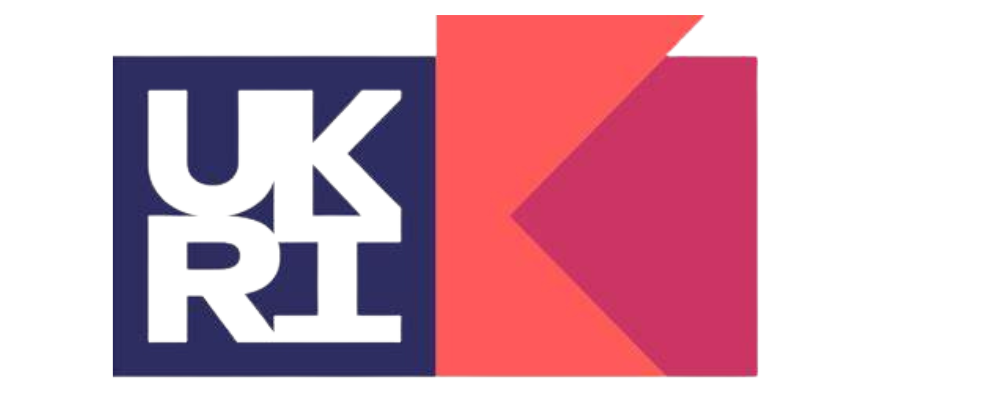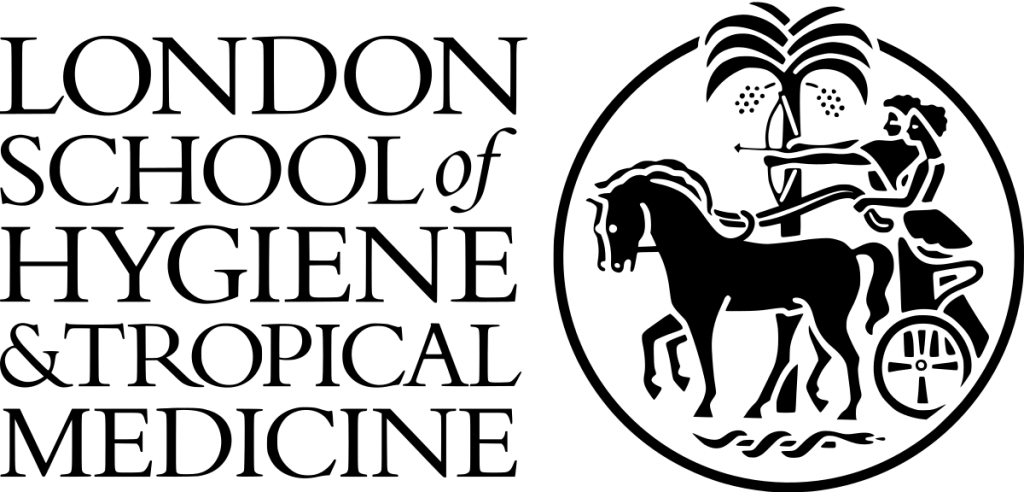Politics and International Relations
Pathway Leader:
Alex Colas a.colas@bbk.ac.uk
Team members:
Zeynep Bulutgil z.bulutgil@ucl.ac.uk
Salwa Ismail si1@soas.ac.uk
Prospective candidates can contact the pathway leader or team members for further information.
Training Routes
See table below for training routes and institutions available for this pathway.
ESRC studentships at the UBEL DTP are structured around the following routes: 1+3, +3, 2+3 and +4 funding. Please note that not all routes are available in all institutions or pathways. Click here for further information on funding routes.
Pathway | Institution | Training Route | (1+3) | (2+3) | (+3) | (+4) |
Politics and International Relations | Birkbeck | Global Politics | x | x | ||
Politics and International Relations | Birkbeck | Politics | x | x | ||
Politics and International Relations | Birkbeck | Public policy and management | x | x | ||
Politics and International Relations | SOAS | x | x | |||
Politics and International Relations | UCL | Political Science | x | x |
The pathway includes three institutions with areas of strength across politics and international relations.
Birkbeck is a partner in LabexMed, a network of universities that brings together specialists working on various aspects of the Mediterranean. It is cross-disciplinary, involving Archaeology, History, Anthropology, Sociology, Geography, Economics, Law and Philosophy as well as Politics. In this interdisciplinary field, there are strong synergies with work undertaken in other UBEL pathways and groups. Research Centres include Centre for the study of British political life and the Birkbeck Institutes for Social Research and the Humanities, where this pathway has taken an active role in activities including: the Guilt and Food interdisciplinary working groups; public-facing annual events and a funded fellowship programme. The UCL policy lab facilitates partnerships and information exchange with governments, businesses and communities and offers training and opportunities to build relationships beyond academia.
Students on this pathway receive rigorous methods/quantitative methods training, including three required quantitative courses (at least two advanced), at least one qualitative methods course, and a separate research methods course, demonstrating clear relevance to the ESRC priority on advanced quantitative methods. Annual PhD conferences, e.g. the Conflict and Change PhD conference, enhance skills for UBEL students.
The pathway works with partners in institutions across the UK and internationally and has good relationships with policy makers, including The Economist, World Bank, Deltapoll and Factmata.







